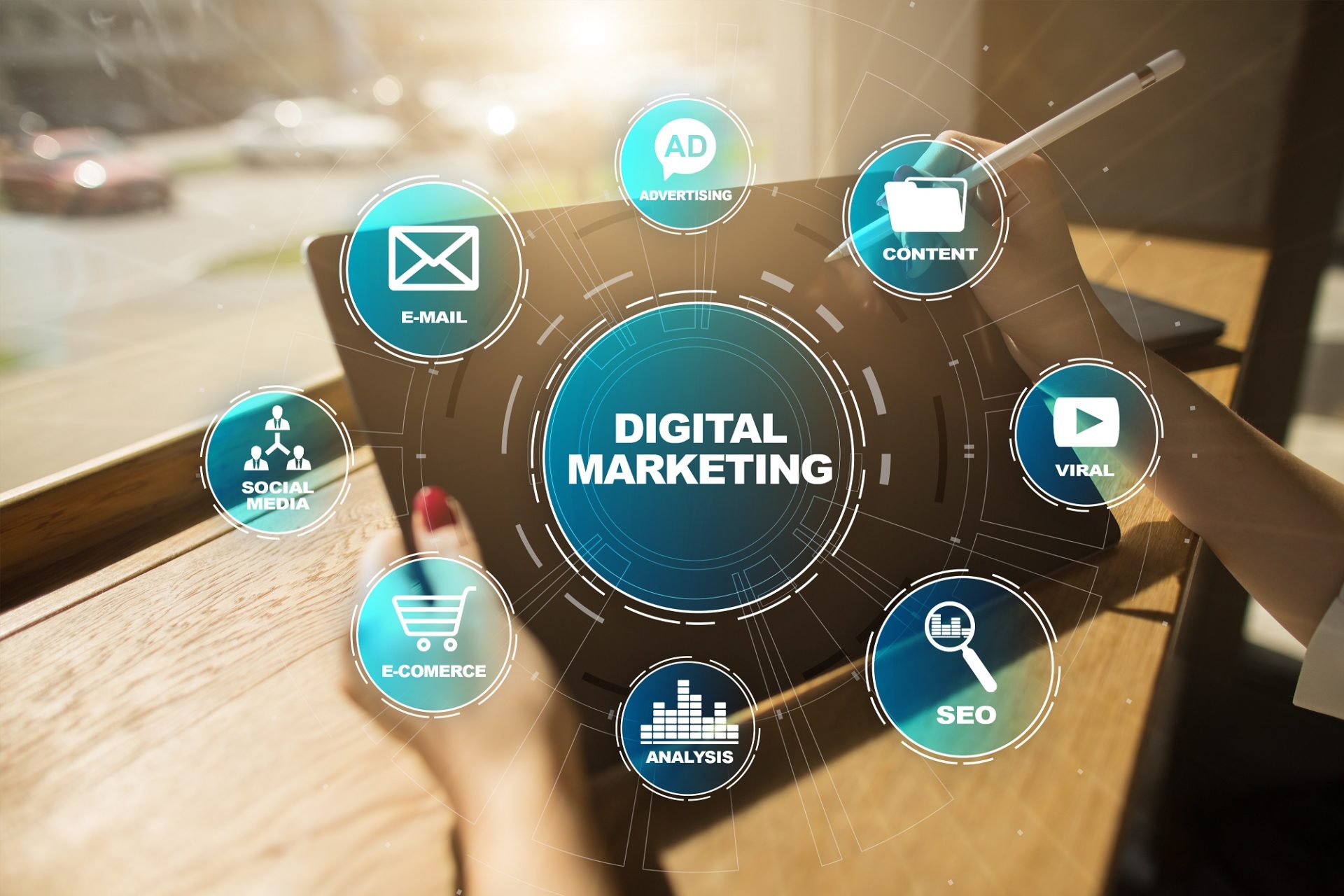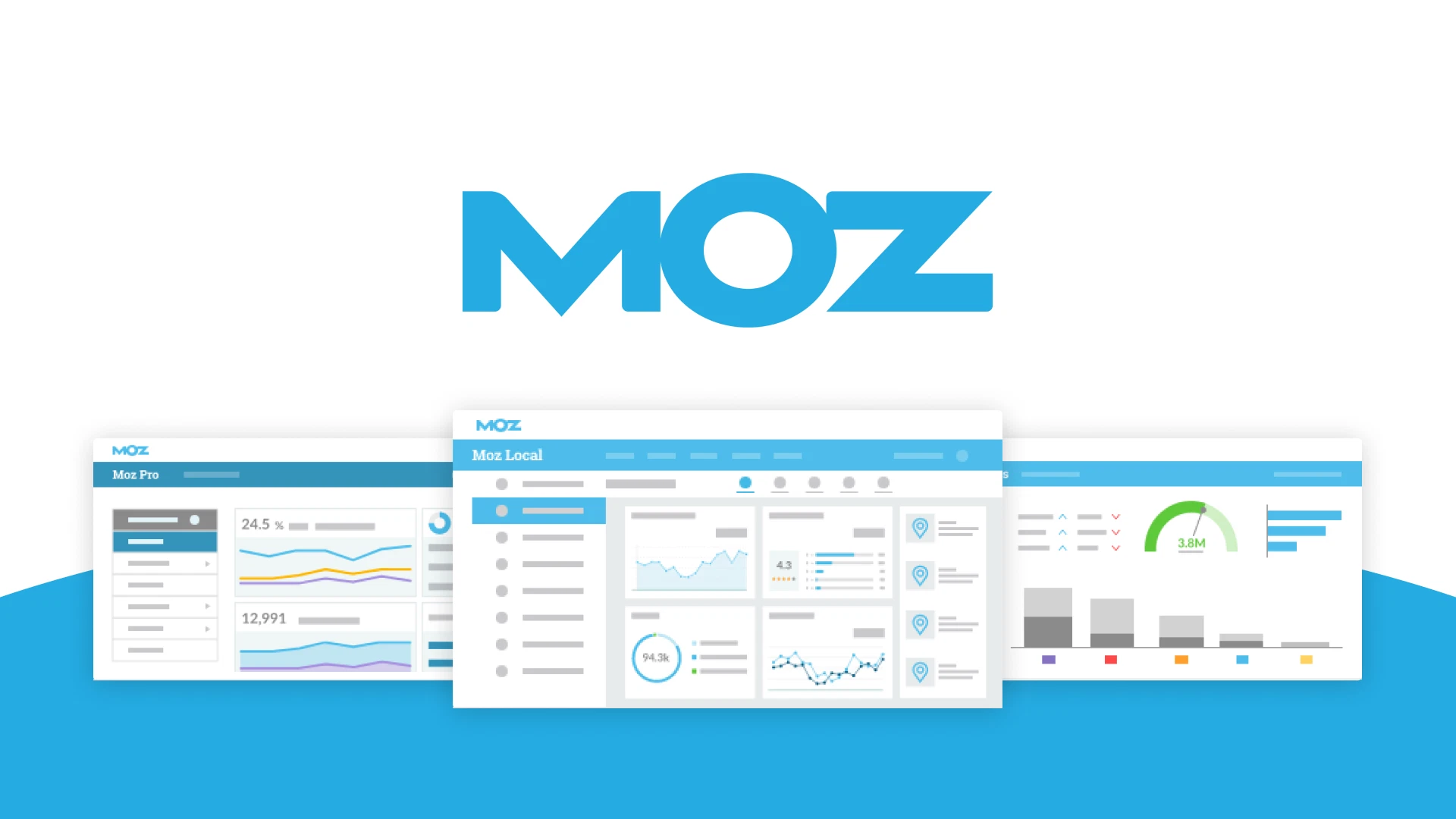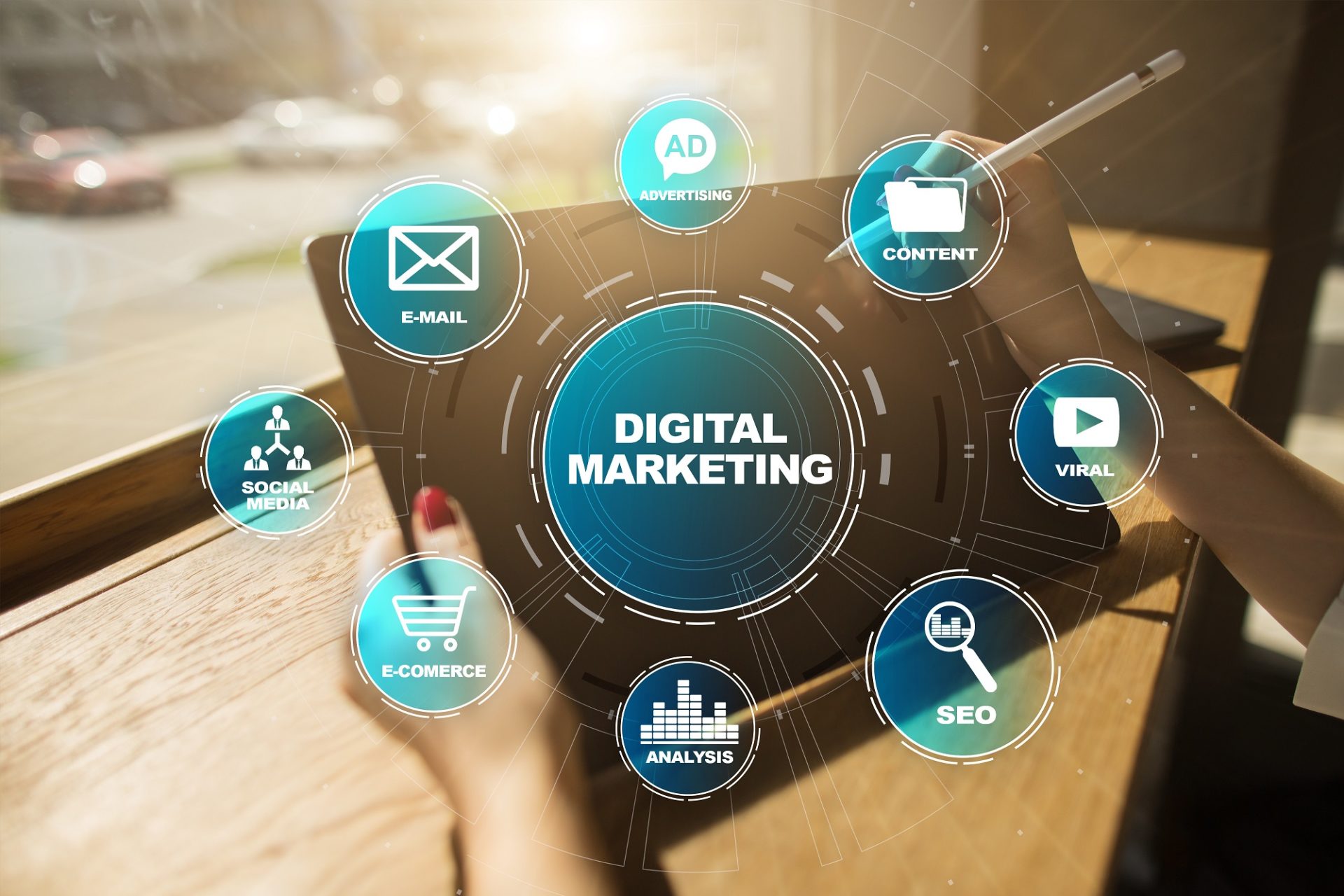What is off page optimization refers to a crucial aspect of search engine optimization (SEO) that focuses on improving a website’s authority, reputation, and visibility in search engine results pages (SERPs) through activities that occur outside the boundaries of the website itself. While on-page optimization deals with factors such as keyword analysis, site structure, content quality, and HTML tags, the off-page aspect works externally, aiming to signal to search engines that the site is trustworthy, authoritative, and relevant to specific topics or keywords.
Table of Contents
ToggleWhat is off page optimization
The goal of what is off page optimization is to influence how both search engines and users perceive a website, primarily through the acquisition of backlinks, brand mentions, and positive online signals that enhance the site’s standing in the digital ecosystem. To understand off-page optimization, it is important to first recognize that search engines, like Google, use complex algorithms to determine the ranking of pages for specific queries. While the exact formulas are proprietary and constantly updated, one consistent principle is that authority matters.
In what is off page optimization, authority can be thought of as the perceived credibility and reliability of a website. One of the most influential ways search engines determine it is through links from other websites. If many reputable and relevant sites link to a particular page, it suggests to search engines that it contains valuable information worth referencing. This is similar to academic citations, in which the more respected scholars reference a paper, the more weight it carries in its field.
Backlinks are often considered the cornerstone of what is off page optimization. A backlink is simply a hyperlink from one website to another. However, not all of these carry the same weight. The quality of the linking site, its relevance to the topic, and the context in which the link appears all influence the value of the backlink. For example, a link from a highly authoritative website in your industry will be far more impactful than dozens of links from unrelated, low-quality blogs.
Search engines assess not only the quantity but also the quality of backlinks, and they have become increasingly sophisticated at detecting unnatural or manipulative link-building practices. This is why what is off page optimization emphasizes earning links through valuable content, genuine relationships, and legitimate outreach rather than relying on spammy tactics.
Link building, in the context of what is off page optimization, is not merely about obtaining as many links as possible. It involves a strategic process of identifying potential linking opportunities, creating content that others naturally want to reference, and engaging in outreach to build mutually beneficial relationships with influencers, bloggers, journalists, and industry peers. Guest posting, for instance, is a common method in which you contribute an article to another relevant website in exchange for a link back to your own site.
Digital PR campaigns, where you create newsworthy stories or data-driven reports that attract media coverage, are another effective tactic in what is off page optimization. Broken link building, in which you find outdated or dead links on other websites and suggest your own relevant content as a replacement, can also be an effective and ethical way to earn backlinks.
What is off page optimization extends beyond link building. Brand mentions, whether they include a hyperlink or not, can influence search engine perception of a website. Such engines are capable of associating unlinked brand mentions with a particular site, contributing to the site’s authority profile.
Social signals, while not considered a direct ranking factor in Google’s algorithm, can indirectly affect visibility by amplifying content reach, attracting more visitors, and potentially earning more backlinks. A piece of content that is widely shared on social media platforms can be discovered by bloggers, journalists, and other content creators, who may link to it from their own websites.
Another aspect of what is off page optimization is influencer marketing. Collaborating with influencers in your niche can help expose your brand and content to a broader audience, as those have established trust with their followers, and when they endorse or reference your website, it can drive targeted traffic and potentially generate high-quality backlinks. Partnerships, sponsorships, and participation in industry events or webinars can also serve as off-page optimization strategies, as they help build relationships and create link opportunities.
Local search engine optimization also relies heavily on off-page factors. For businesses with a physical presence or service area, citations play a significant role. They are a mention of your business’s name, address, and phone number on other websites, such as online directories, review sites, and social media platforms. Consistent and accurate citations across reputable local sources signal to search engines that your business is legitimate and trustworthy.
Reviews on platforms like Google Business Profile, Yelp, and industry-specific sites contribute as well to what is off page optimization. Positive feedback enhances user trust, and a high volume of good comments can improve local search rankings.
One challenge with what is off page optimization is that you have less direct control over the process compared to the on-page aspect. You cannot dictate who will link to your site or what they will say about it. This is why building authentic relationships, consistently producing high-quality content, and maintaining a positive online brand management are essential. Attempts to manipulate off-page signals through practices like buying links, participating in link farms, or generating automated spam can lead to penalties from search engines, which may result in decreased rankings or even removal from search results entirely.
Search engines have become highly sophisticated at detecting manipulative practices. Google’s Penguin algorithm update, first launched in 2012 and now integrated into its core ranking algorithm, specifically targets sites that use spammy link-building techniques. This has pushed the SEO industry toward a more ethical, content-driven approach to what is off page optimization. Today, successful strategies in this aspect often begin with strong content marketing. If it is unique, insightful, and genuinely helpful, you are more likely to earn organic links and mentions over time.
The relationship between on-page and off-page optimization is symbiotic. Even if you have a strong backlink profile, a poorly optimized or low-quality website will struggle to convert visitors into customers or subscribers. Likewise, the best on-page optimization will not achieve high rankings if your site lacks external authority signals. The two must work together to produce the best results. Off-page optimization often drives traffic, but on-page optimization ensures that the traffic is engaged and satisfied, encouraging return visits and further sharing.
What is off page optimization also ties closely to experience, expertise, authoritativeness, and trustworthiness. It’s a framework Google uses to evaluate content quality. Signals, such as who is linking to you, what kind of reputation your brand has online, and how often you are cited by other authorities in your field, contribute to the perception of your site. For example, if your website is frequently referenced by academic institutions, government agencies, or respected industry publications, it signals that you are a credible source of information.
Content types that tend to perform well for off-page optimization purposes include original research, in-depth guides, infographics, videos, and interactive tools. These are often referred to as linkable assets because they offer unique value that others want to share. For example, if you publish a comprehensive industry report with exclusive data, journalists and bloggers covering that industry may link to your report as a reference. Similarly, a visually appealing infographic can be embedded in other websites’ articles, often with a link back to the source.
Another modern development in what is off page optimization is the importance of digital branding. As search engines integrate more machine learning and natural language processing into their algorithms, they are better able to recognize brand entities and their relationships to topics and industries. Building a strong, recognizable brand across multiple platforms increases the likelihood of being mentioned, linked to, and trusted. This involves maintaining consistent messaging, visual identity, and engagement across your website, social media, email marketing, and offline channels.
Measuring the success of what is off page optimization can be complex. While rankings and organic traffic are ultimate indicators, other metrics are also important. The number and quality of referring domains, the growth in brand mentions, the volume and sentiment of reviews, and the reach of your content through shares and syndication all provide insight into off-page performance. SEO tools like Ahrefs, Majestic, Moz, and SEMrush can help track backlink profiles, while Google Alerts and social listening tools can monitor brand mentions.
Over time, a consistent and well-executed strategy should result in a stronger backlink profile, improved rankings for target keywords, and increased referral traffic. It is also worth noting that strategies in what is off page optimization may vary depending on the industry, audience, and goals of the website. For the SEO of an e-commerce store, influencer partnerships and product reviews might be more impactful. For a B2B software company, guest posting on industry blogs and publishing research reports could be more effective.
As for the SEO of a local restaurant, online reviews and citations in local directories would take priority. The best strategies are tailored to the unique context of the business and its audience. While off-page optimization is powerful, it requires patience. Building a credible online reputation and earning high-quality backlinks is a gradual process. Quick wins are rare, and efforts often take months to reflect in search rankings. However, the long-term benefits are significant. Once a website has established strong authority, it becomes easier to maintain high rankings and attract organic traffic without relying heavily on paid advertising.
In the broader context of what is off page optimization, digital marketing aligns with the idea that success online depends not only on what you publish but also on how the web community perceives and engages with you. Search engines aim to replicate human judgment, rewarding sites that are respected, cited, and recommended by others. This means that networking, public relations, and community building, which are traditionally offline activities, have become central to SEO.
To summarize the essence of what is off page optimization in a single thought, it is about earning trust at scale. Search engines want to deliver the best possible results to users, and they use signals to help determine which pages are most likely to satisfy the searcher’s intent. By building real authority through meaningful connections, valuable content, and positive brand reputation, a website can signal to search engines that it deserves a prominent place in the rankings.
A thoughtful strategy of what is off page optimization considers not only the mechanical aspects of acquiring backlinks and citations but also the broader goal of establishing a lasting presence and reputation in the digital landscape. It requires creativity, persistence, and a commitment to genuine value creation. The result, when done right, is not just higher search rankings, but a brand that people and algorithms trust.
To truly grasp the depth of off-page optimization, it helps to think of it as the online brand management side of SEO. In real life, your personal reputation is not built solely by what you say about yourself, but largely by what others say and perceive about you. The internet operates in much the same way. Your website’s reputation in the eyes of search engines is shaped by external signals, including links, mentions, reviews, partnerships, and community engagement.
These signals serve as endorsements, suggesting that your site offers genuine value. Search engines weigh their credibility, and incorporate them into ranking algorithms. This means that in many competitive niches, what is off page optimization can be the deciding factor between a site ranking on the first page or being buried under dozens of competitors.
An important dimension of off-page optimization is link diversity. This refers to acquiring links from a wide range of different domains rather than getting many links from the same site. Search engines see a broad range of referring domains as a stronger indicator of authority because it suggests that your content appeals to many independent sources. Likewise, the type of links matters. A healthy link profile often includes editorial backlinks naturally given by journalists or bloggers, resource links included in curated lists, directory backlinks in relevant as well as high-quality directories, and even citations without links.
Over-reliance on one type of link, especially if it comes from low-quality or spammy sites, can raise red flags with search engines. Anchor text, which is the clickable one in a hyperlink, is another subtle yet important factor in what is off page optimization. When other sites link to you using descriptive anchor text that includes relevant keywords, it provides additional context to search engines about what your page is about.
However, anchor text must be natural and varied. If too many links use the exact same keyword-rich one, it can appear manipulative, potentially triggering penalties. This is why ethical link-building strategies aim for a mix of branded anchor text, generic phrases, and occasional keyword-rich terms in ways that make sense contextually.
One area of what is off page optimization that has gained attention in recent years is content amplification. Even the most insightful, well-crafted content will not attract backlinks or mentions if no one sees it. In this context, amplification refers to the deliberate effort to distribute content widely through outreach, social sharing, email marketing, paid promotion, and partnerships.
For example, after publishing a comprehensive industry study, a company might reach out to relevant journalists, pitch it to bloggers who cover the topic, share it across all social platforms, and run a small ad campaign targeting industry professionals. This multi-channel exposure increases the likelihood that influential figures will notice the content and link to it.
Social media plays a supporting role in what is off page optimization. While links from most social platforms do not directly pass SEO authority, the visibility and engagement they generate can indirectly lead to backlinks. A viral tweet linking to an insightful blog post may inspire multiple bloggers to reference it on their own sites. Similarly, participating in industry-specific online communities such as LinkedIn groups, Reddit discussions, or niche forums can establish your credibility, drive traffic, and create natural link opportunities.
Another relevant factor is user-generated content. Encouraging customers or fans to create and share content about your brand, such as reviews, testimonials, blog posts, or social media posts, can contribute to off-page signals. For example, a software company might run a case study contest where users submit stories of how they used the product successfully. These could be published on the users’ own blogs or websites, often with a link back to the company’s site. This not only generates backlinks but also builds authentic brand advocacy.
Reputation management is inseparable from what is off page optimization. Negative reviews, poor media coverage, or critical blog posts can damage both human perception and search engine trust. On the other hand, proactive reputation management involves monitoring mentions of your brand, responding professionally to criticism, and encouraging satisfied customers to share positive feedback.
This is particularly important for local SEO, where online reviews heavily influence both rankings and consumer behavior. Studies have consistently shown that consumers trust online feedback almost as much as personal recommendations, and a higher average rating correlates with greater click-through rates from search results.
What is off page optimization is also evolving in response to changing search engine behavior. Algorithms increasingly use entity-based search, where they identify and understand specific entities, including people, places, organizations, concepts, and the relationships between them. In this context, building a strong digital presence across multiple authoritative sources helps reinforce your site’s association with relevant topics. Having a Wikipedia page, being cited in industry glossaries, appearing in news articles, and being listed in credible directories all contribute to entity recognition, which can improve your chances of ranking for related queries.
A critical component of what is off page optimization is the integration of digital PR with SEO, focusing on earning media coverage, interviews, guest articles, and expert quotes in reputable publications. Not only does this enhance brand visibility, but it also often results in high-authority backlinks. For example, a cybersecurity expert might publish an original study on emerging online threats, pitch the findings to tech journalists, and be featured in several well-known publications. Each of these features would typically include a backlink, reinforcing both authority and relevance in search engines’ eyes.
It is also worth discussing the concept of link earning versus building. While the second implies actively going out to create links, which can sometimes lead to manipulative tactics if done carelessly, the first, on the other hand, focuses on creating such high-value content and experiences that links occur naturally. While the best strategies often involve a blend of both, the trend in what is off page optimization has moved toward link earning as a safer, more sustainable long-term approach.
What is off page optimization can even extend into offline efforts that have online consequences. Hosting an event, sponsoring a conference, or contributing to community initiatives can result in local news coverage, events listings, and partner mentions on other websites. Similarly, speaking engagements, collaborations with universities, and participation in industry panels can lead to profile pages and press releases that include valuable backlinks.
The measurement of what is off page optimization is nuanced. Domain Authority (DA) and Rating (DR) are metrics provided by tools like Moz or Ahrefs, offering an approximate measure of how strong the backlink profile is, but these are third-party metrics and not used by Google directly. The ultimate indicators are improvements in rankings for target keywords, increases in organic search traffic, and growth in referral traffic from external sites. Additionally, tracking the sentiment and reach of brand mentions, monitoring review scores, and measuring engagement from social and PR efforts all help assess the broader impact of off-page strategies.
In competitive markets, what is off page optimization can be the differentiator between businesses with similar on-page quality. If two websites have equally optimized pages, the one with more high-quality backlinks, better brand reputation, and wider recognition, will almost always rank higher. This makes off-page work an ongoing necessity rather than a one-time project. The digital landscape is always shifting, competitors are constantly earning backlinks, new influencers emerge, and audience preferences evolve. Staying competitive requires continuous relationship building, content promotion, and monitoring of your external presence.
Ultimately, what is off page optimization refers to building a web of trust around your website. Each link, mention, and citation is a thread that strengthens your connection to the broader digital community. The process is neither quick nor easy, but its rewards extend beyond SEO. A site with a strong off-page presence enjoys greater brand recognition, higher referral traffic, and stronger resilience to algorithm updates. It becomes a recognized authority in its niche, capable of attracting opportunities and audiences naturally over time.
At A Glance
What is off page optimization in SEO?
Off-page optimization involves activities outside your website that improve its authority, reputation, and search rankings. This includes earning quality backlinks, brand mentions, positive reviews, and social signals to build trust with search engines and users.
Why is off-page optimization important?
It signals to search engines that your site is credible and relevant, helping you outrank competitors. Strong off-page factors like high-quality backlinks and brand reputation boost visibility, organic traffic, and long-term SEO stability.
What are effective off-page optimization strategies?
Key tactics include guest posting, digital PR, influencer collaborations, local citations, reviews management, social media promotion, and creating linkable content assets like original research, infographics, or in-depth guides.









